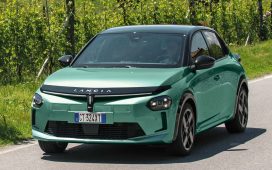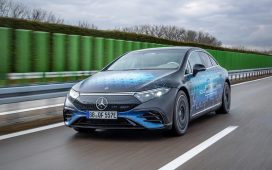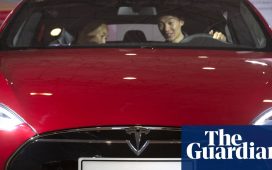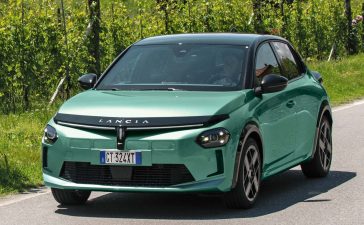Not all chargers are created equal
More and more people are buying electric cars, and are having to grapple with charging for the first time. However, not all chargers are created equal, and the profusion of units can cause confusion.
Charging speeds are measured by power output in kilowatts (kW), while battery capacity is measured in kilowatt hours (kWh). For example, a Nissan Leaf has 39kWh of battery capacity, while a Tesla Model Y has 60kWh.
Recharge times vary depending on battery size: divide the battery size by the power to get a very rough idea of how many hours it will take to charge. (E.g., a 60kWh battery at a 22kW charger would take about three hours.) The quicker the charge, the more it tends to cost.
Slow: 3kW to 6kW
Common at homes, and on-street chargers. Suitable for charging overnight. Plugging in with a UK three-pin plug to the mains at home will deliver about 2.3kW – although it is not recommended.
Fast: 7kW to 22kW
Found at urban sites like supermarkets and shopping centres. Capable of charging a smaller battery in a few hours.
Rapid: 23kW to 100kW
Motorway service stations and dedicated public charging hubs. 50kW could give an 80% charge in less than an hour.
Ultra-rapid: 100kW and above
Some of the newest and most expensive cars can handle power up to 270kW, adding hundreds of miles of range in 10 minutes.











